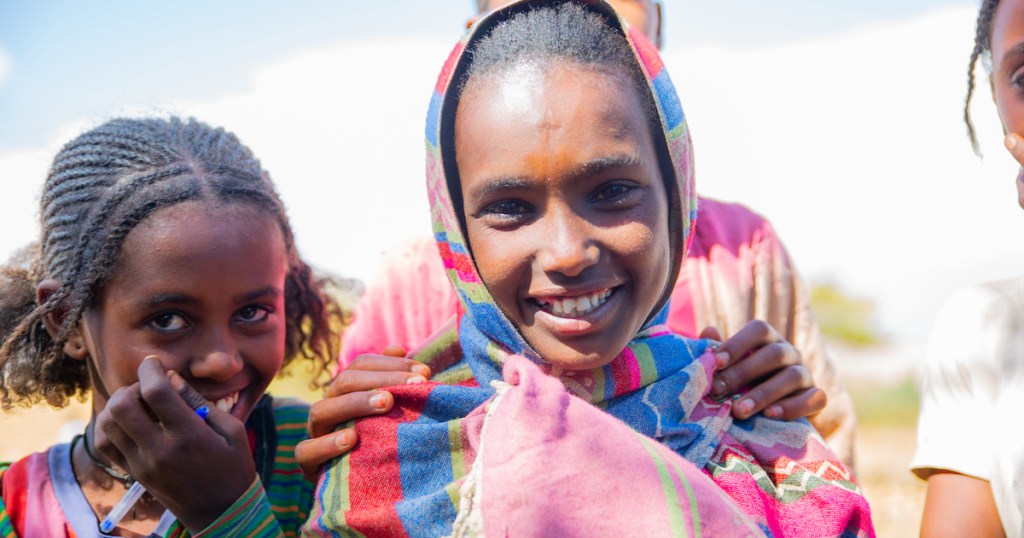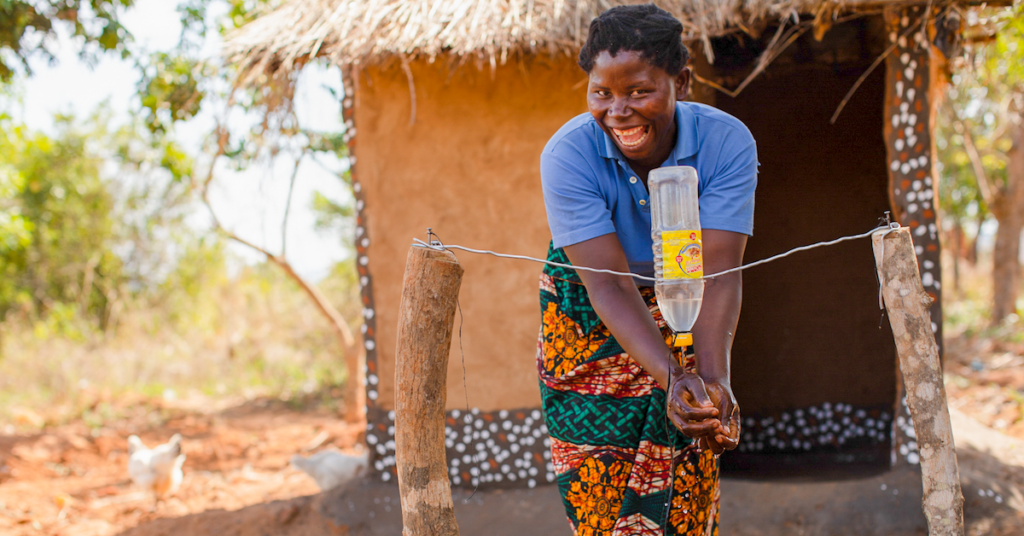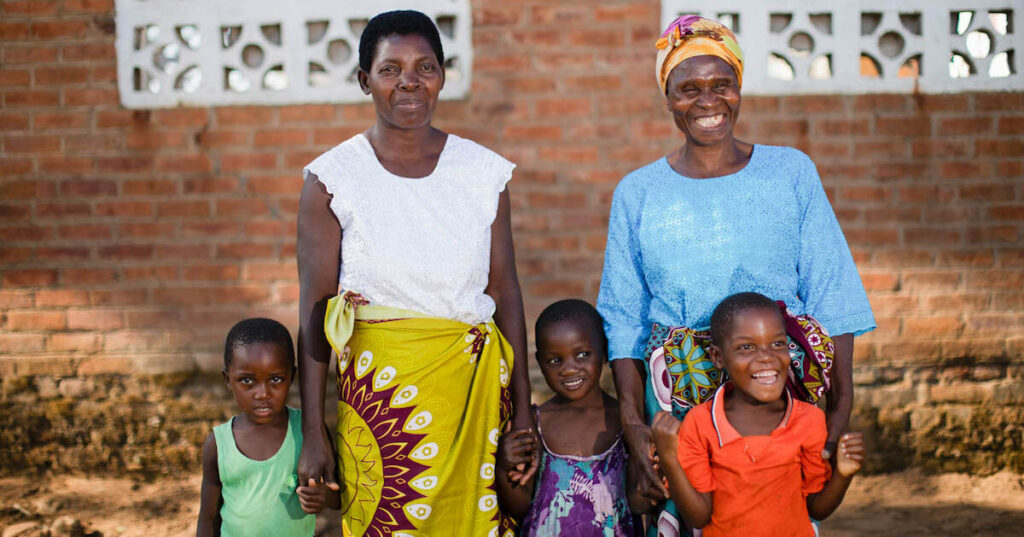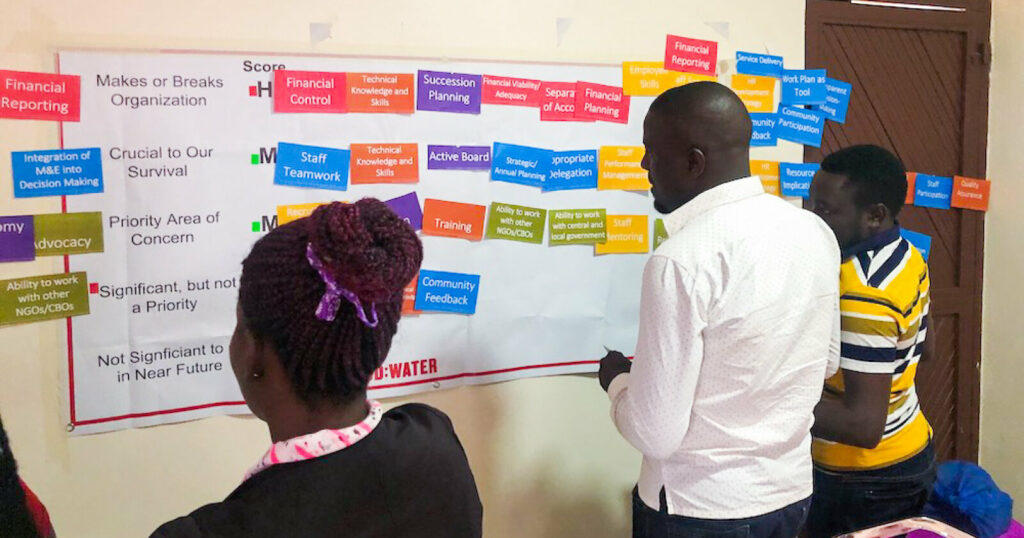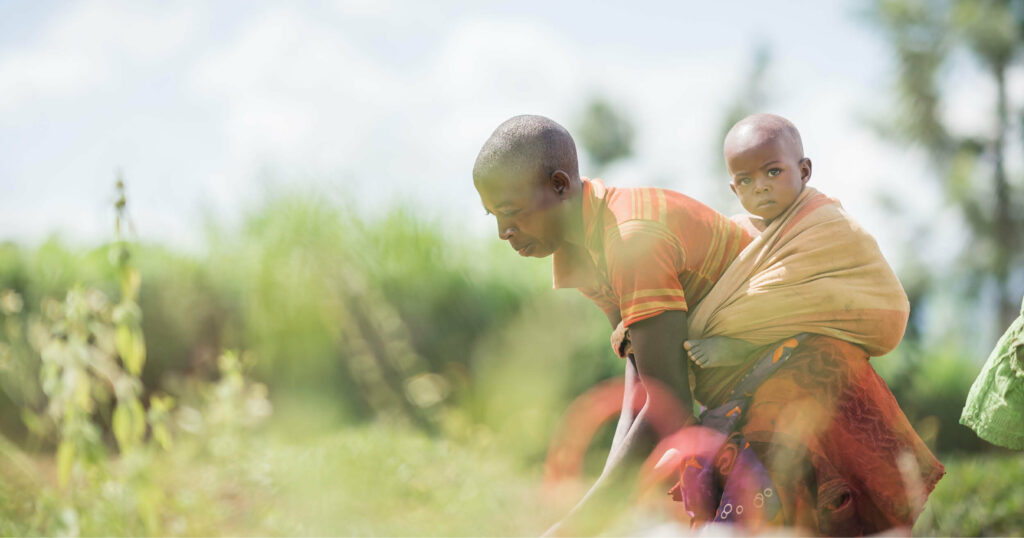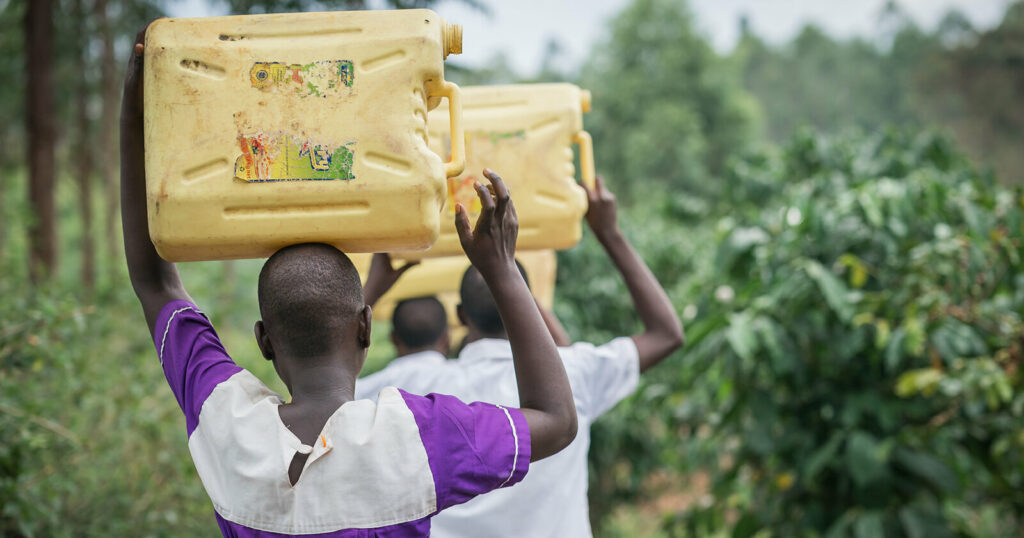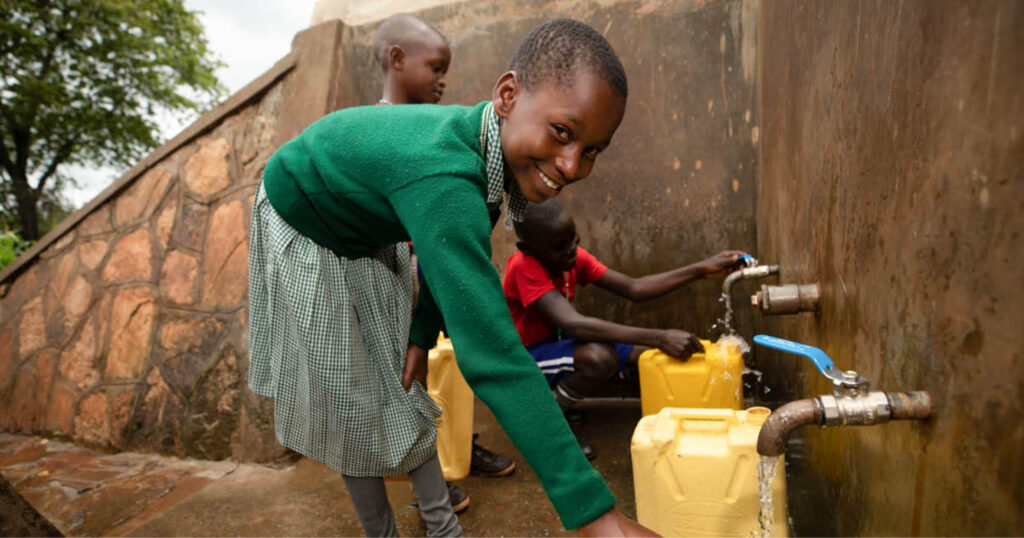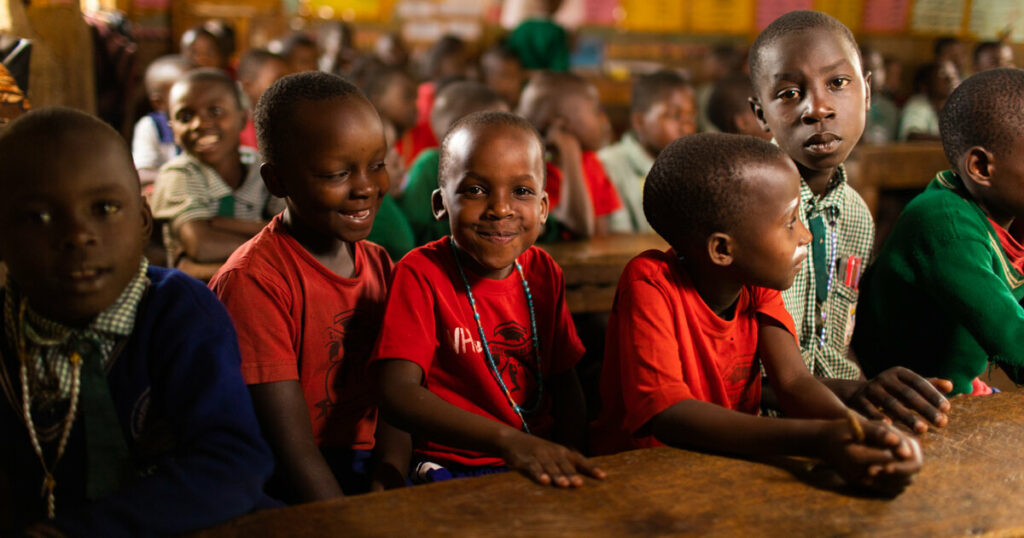Our Partners
4 Key Characteristics of an Empowered Community
A lot of organizations want to help communities in need, but what does it mean to empower a community for sustainable progress? In this article, we’re laying out four key characteristics that define an empowered community. We’ll also talk about how Blood:Water works to provide grassroots organizations with more tools to give people what they need to take hold of all the ways they can improve their families’ lives.
Because You Understood (Message from Jake)
2020 tested and tried us all in ways we couldn’t have imagined. And while most of the world was experiencing a global health crisis for the first time, our partners were not. The reality is that they spend most of their days addressing the world’s greatest health challenges experienced from lack of clean water or the effects of HIV/AIDS. When the time came for them to rise to this new challenge, there was no wavering, only action. And from what we have seen, their efforts are working.
The Impact of Clean Water & Sanitation for One African Village
Veronica Allan lives in Chifenthe, close enough to the new ECD center to fully feel the effects of its resources. There she can access the new VIP latrine where her fellow students, teachers, and caregivers can access a safe sanitation facility.
What Will This Day Ask of Us?
As the United States wakes up from a contentious election, I’m reflecting on what I am being asked to do on this day.
Organizational Strengthening: The IDF
we want our partners to be strong enough financially, technically, and internally, to continue the work long after their partnership with Blood:Water concludes. So, our OS program aims to provide insight, support, and resources so that organizations can strengthen their efficacy, longevity and health based on how they report they can be best served.
Back To School 2020
COVID-19 has presented a wide range of challenges not only to us, but to our partners in sub-Saharan Africa. And as we try to help our children adjust to a hybrid of virtual and classroom learning here in the US, schools in Africa are remaining closed until at least early 2021.
The Pathway of Stigma
Much like the fear and distrust we are experiencing related to COVID-19, without a firm grasp on how a disease or virus spreads, people began to theorize and build hypotheses, most of them quite outside the realm of scientific or data-driven realities.
Measuring Success of Water Projects in Africa
Keeping track of things like distance, family members in a household, and how long someone may have to wait in line, paints a clearer picture of the sustainable, transformative work that is being done.
WASH: How To Teach Sanitation
Clean water as a solo intervention can impact the health of a community in some ways, and it is helpful, but without the other instruments playing along, it will not have the impact we truly need to create. Those “instruments” are sanitation and hygiene.
Responding to Poverty in Africa: What Do They Need?
Who knows better than they do what will make a difference in their village? Change and progress require local buy-in and a sense of ownership throughout the community in order to be sustainable.
